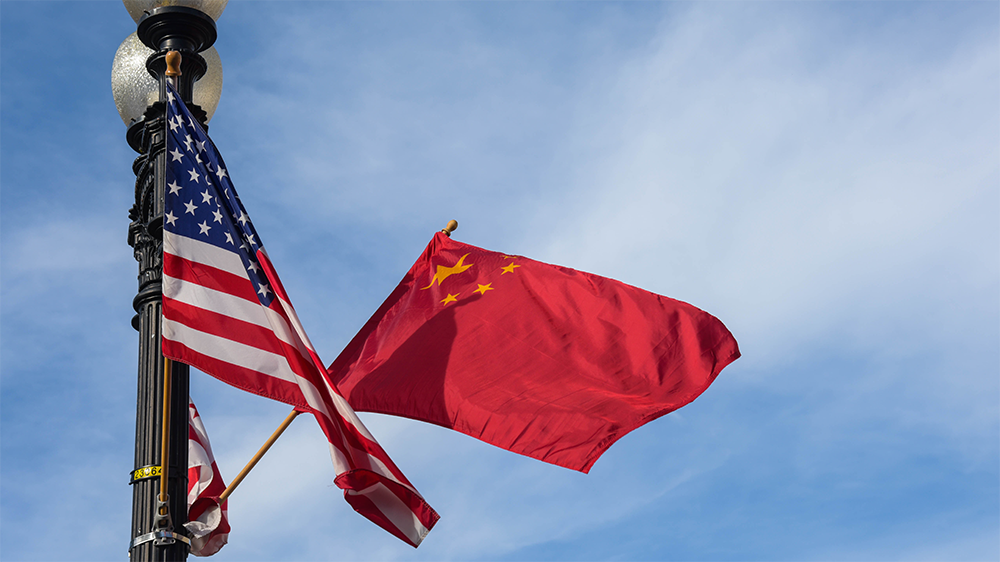Washington should abide by basics of bilateral relations


In his book, The Room Where It Happened, former US National Security Advisor John Bolton has portrayed the White House as chaotic and peculiar as far as policymaking is concerned. Contrary to the widely perceived image of the current US president's highhanded stance against China, Bolton has presented him as being soft on China for domestic political gains.
Given Bolton's position as the national security adviser to the US president till he was fired last September, his personal observation of top-level US foreign and security policymaking have made the book a hit. Interestingly, however, Bolton's conservative perspectives won him the US president's favor and earned him a key administrative post. It is also interesting that Bolton quickly developed sharp disputes with the president due to his extreme approach to US foreign policy.
More interestingly, the US president formulated his turbulent China policy through Bolton's prism. And as Bolton has said, the US leader could be awkward-"soft" without "principle"-in dealing with China.
So it is likely that, in order to refute Bolton's charge, the US president might act more "forcefully" against China in the coming months.
As for the Democrats, many among them consider Bolton's book to be the best weapon to get the upper hand against the president in the November presidential election. In all this, however, China has become the unfortunate victim of US domestic politics.
China-US relations have always been complex, as competition has coexisted with cooperation since the two countries normalized diplomatic relations in 1979.
Beijing and Washington have joined hands to fight terrorism and boost nuclear security irrespective of whether a Republican or Democrat was US president. They have also worked together to fight climate change and contain epidemics such as the SARS and Ebola outbreaks. The US has often sought China's collaboration because it benefited Americans and Chinese, as well as people in rest of the world. And China has often offered its hand out of its own and global public interests, rather than as a favor to any foreign individual or country.
But China's collaboration with other countries has been commensurate with its capacity. Although fighting climate change is in the interest of all the people in the world, China had to adopt an incremental approach to global cooperation as demonstrated in its national plan. Beijing does not think that its pragmatic approach was a rebuttal to the initial, more or less radical vision of former US president Barack Obama or then vice-president Joe Biden. In a similar vein, by joining the Paris climate accord, China did not interfere in US domestic politics.
Yet China would defend its sovereign interests in its relations with the US-indeed with any country. On the Taiwan question and Hong Kong issue, China will, under no circumstances, yield to US pressure. So trying to associate China's approach with some US politicians' policies is an exercise in futility.
For instance, China and the US took two years to reach the first phase of a bilateral agreement on economy and trade. The painstaking process suggests that both parties made maximum efforts to reach a "good deal". China has followed the policy of first defending its legitimate interests, and then expanding the common interests of both countries, not individuals. It is with this principle that the two countries signed the "first phase" of the trade agreement on Jan 15.
It is unclear whether Bolton's description of the US president's China policy is genuine, but it is clear that China's US policy is based on its national interests, not on any individual American politician. This was true for China-US ties in the past, and it is true for the present, too. In short, no matter who occupies the White House, China will never involve itself in US domestic politics.
So both Republicans and Democrats would do better to realize that playing the "China card" in US domestic politics will benefit neither party. Instead, whichever party the next US president belongs to has to abide by the basics of China-US ties-working together whenever possible, and using diplomacy to manage the differences.
The author is a professor at and former executive dean of the Institute of International Studies, Fudan University.
The views don't necessarily reflect those of China Daily.
































